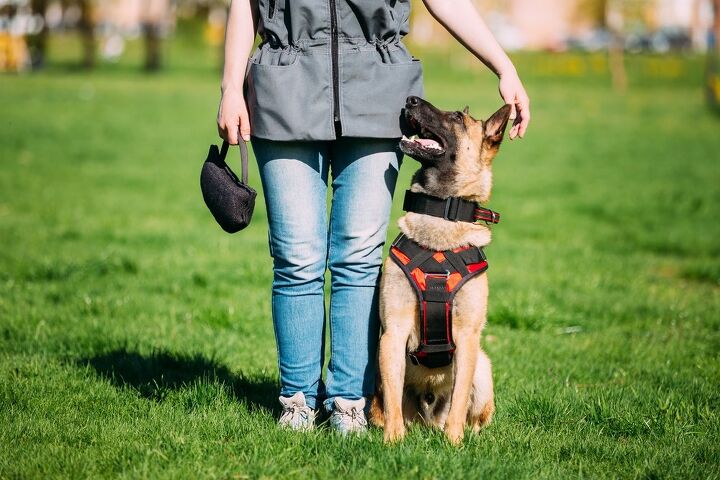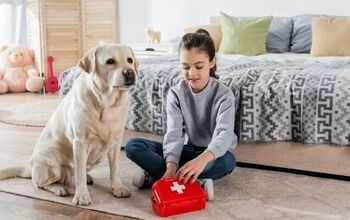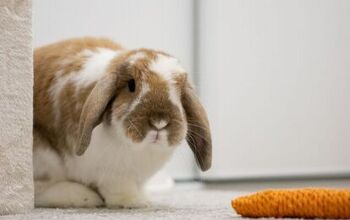Are Board and Train Programs Right for My Dog?

You shouldn’t be a dog owner if you aren’t prepared the shoulder the responsibilities that come with it. In addition to feeding, housing, and caring for your dog on a daily basis, you are also responsible for making sure he is properly trained. When done correctly using positive reinforcement methods, dog training usually progresses fairly quickly, but it still takes time.
Many dog owners who work full-time jobs or have a lot of responsibility at home try to pass some of the burden of dog training on to a professional. Board and train programs exist where you can send your dog off to doggie boot camp to learn the basics before returning home. Keep reading to learn more about these programs and to determine whether it might be the right choice for your dog.
What Are Board and Train Programs?
Board and train programs are marketed as a quick and easy way to train your dog. By sending your dog away, you can save yourself the time investment it takes to train a dog and you can start him off with a solid foundation that you can later build on at home. A board and train program is typically offered by a dog trainer or kennel and requires you to leave your dog overnight at the facility for a certain period of time. Here are the two primary types of programs:
- In-Home – For this program, the dog is usually kept in the trainer’s home and interacts with the family. It is a cage-less style of boarding in which the dog may learn manners such as not jumping up on counters and respecting invisible boundaries.
- Kennel – Unlike in-home board and train programs, a kennel program keeps your dog in a kennel setting where other dogs are likely being boarded. The dog is usually kept in the kennel outside of training sessions and walks.
Every board and train program is different, but they offer similar services. The most common service offered is basic training for simple commands like sit, down, heel, and stay. Some programs might address problem behaviors or teach advanced commands.
Is Such a Program Right for Your Dog?
In order for your dog to be enrolled in a board and train program, he’ll need to be properly vaccinated. Kennel cough is the most important vaccine and needs to be given in advance of boarding. Your dog also needs to be licensed and leashed, plus you’ll need to send him with any food and medications he needs as well as feeding directions.
Here are some things to consider to determine whether it is the right option for your dog:
- In board and train programs, your dog receives individual attention from an experienced trainer.
- These programs are a great option for when you go on vacation – your dog will get more attention with the bonus of training as opposed to traditional boarding.
- Because your dog will be in a new environment with a new person, he may be more open to learning.
- Some dogs have trouble translating what they learn to respond to with the trainer to responding to family at home.
- You still have to work with your dog at home to reinforce the commands.
- There are no guarantees that a board and train program will work for your dog – dogs learn at different rates and with different training styles.
Board and train programs are neither good nor bad – whether it works for your dog will depend on your dog’s personality and the amount of time you dedicate to it. Take what you’ve learned here and consider whether you should enroll your dog in a program or train him yourself at home.

Kate Barrington is the loving owner of two cats (Bagel and Munchkin) and a noisy herd of guinea pigs. Having grown up with golden retrievers, Kate has a great deal of experience with dogs but labels herself a lover of all pets. Having received a Bachelor's degree in English, Kate has combined her love for pets and her passion for writing to create her own freelance writing business, specializing in the pet niche.
More by Kate Barrington























